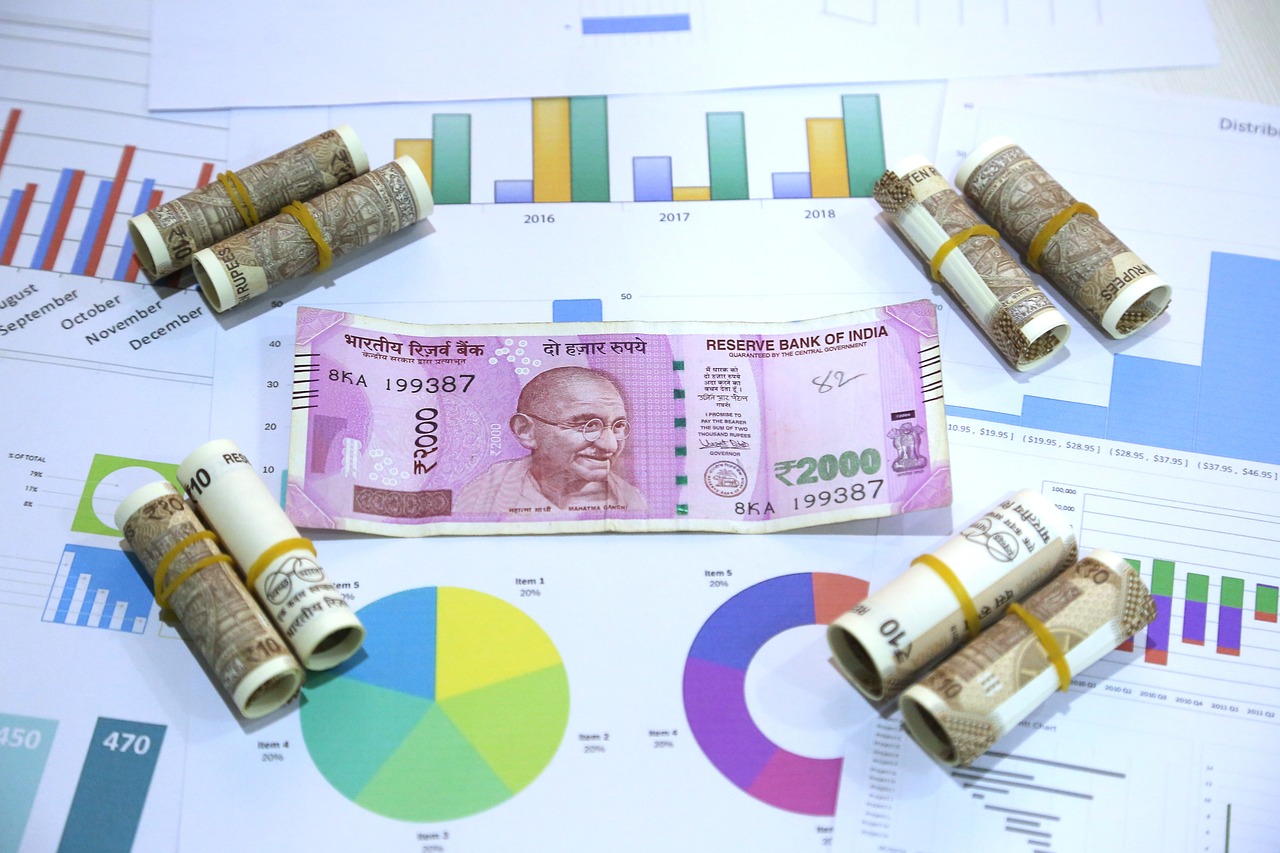Investigating the Role of Election Commissions in Ensuring Fair Elections
Ensuring electoral integrity is a fundamental aspect of a healthy democracy. It guarantees that elections are conducted fairly and provide a true reflection of the will of the people. Without electoral integrity, public trust in the democratic process can be easily eroded, leading to political instability and social unrest.
By upholding electoral integrity, we can safeguard the principles of democracy and protect the rights of citizens to choose their representatives freely and fairly. It is essential for maintaining the legitimacy of electoral outcomes and ensuring that governments are elected through a transparent and accountable process. Electoral integrity is not just a concept, but a crucial foundation for a robust and functioning democratic system.
The Functions of Election Commissions
Election commissions play a crucial role in ensuring the smooth and fair conduct of electoral processes in various countries. One of the primary functions of election commissions is to oversee the registration of voters and candidates to maintain the integrity of the election process. By ensuring that only eligible voters are registered and eligible candidates are allowed to run, election commissions help in upholding the principles of democracy and fairness.
Another key function of election commissions is to manage the logistics of the voting process. From setting up polling stations to providing ballot papers and ensuring the security of the voting process, election commissions are responsible for organizing a smooth and efficient election day. By overseeing the voting process, election commissions help in maintaining transparency and building trust in the electoral system.
Ensuring Transparency in the Electoral Process
To maintain transparency in the electoral process, it is crucial for all steps, from voter registration to ballot counting, to be conducted openly and with clear oversight. This means ensuring that the electoral laws and procedures are easily accessible to the public, allowing for scrutiny and preventing any manipulation behind closed doors. Additionally, mechanisms such as independent election observers, media coverage, and public reporting of results play a vital role in upholding transparency and holding electoral officials accountable.
Furthermore, to enhance transparency in the electoral process, it is imperative to establish strict rules regarding campaign financing and expenditure. Transparency in funding sources and spending helps prevent undue influence on the electoral outcome and ensures that all candidates have a fair chance to compete without being overshadowed by powerful interests. Robust enforcement mechanisms and regular audits of campaign finances are essential components in safeguarding the integrity of the electoral process and promoting trust among the electorate.





